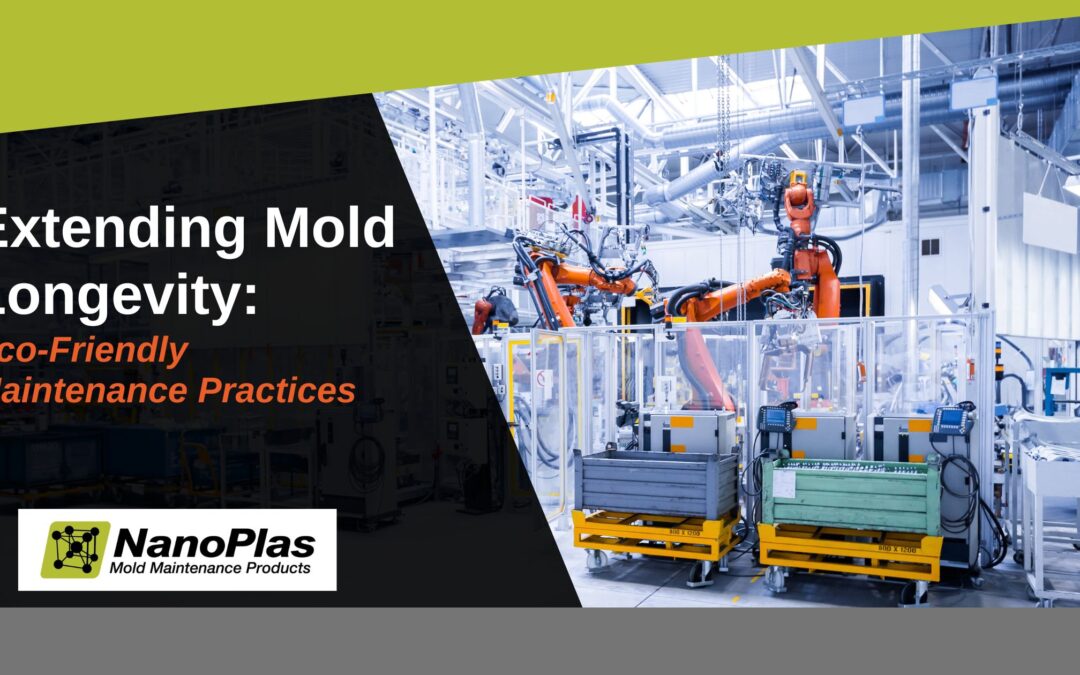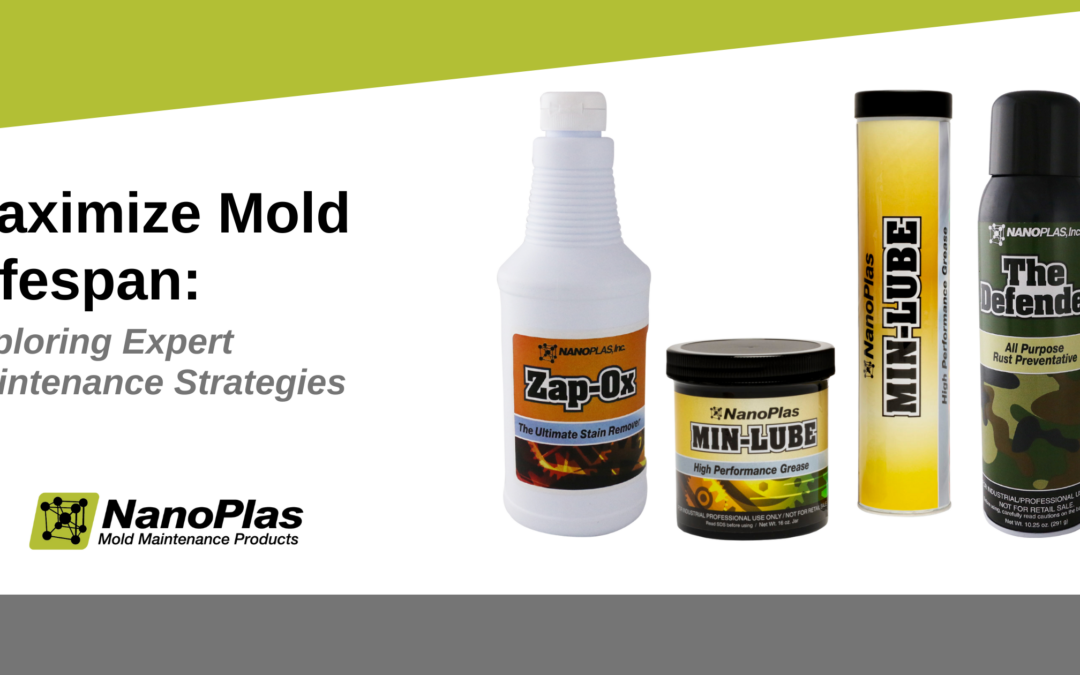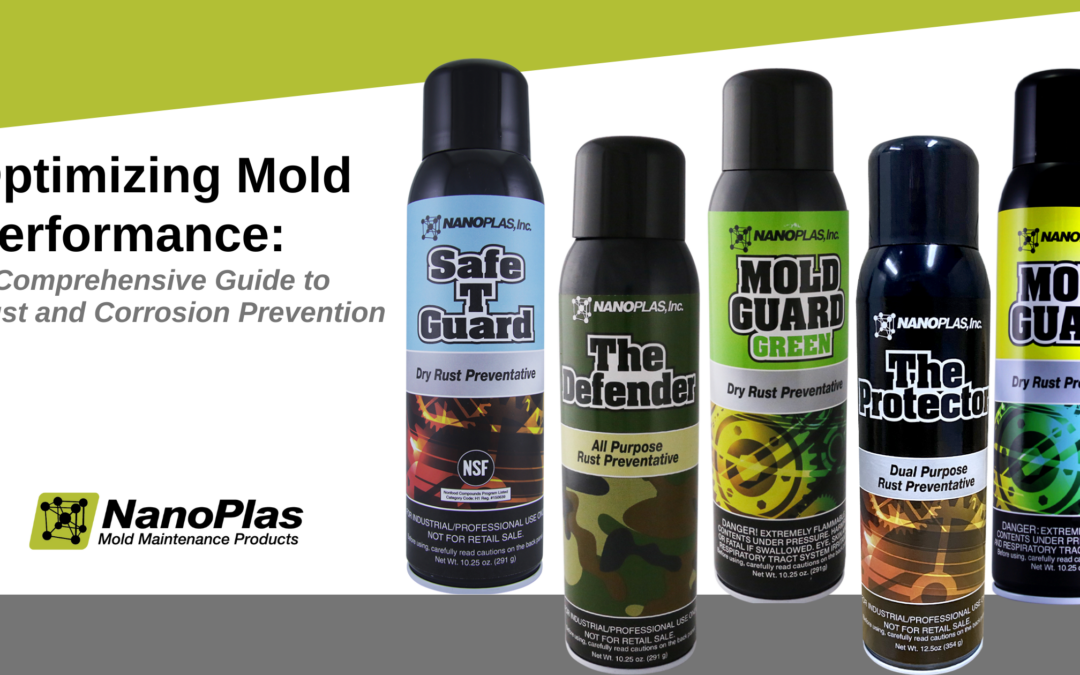
Injection Mold Preventative Maintenance Made Easy
Why Preventative Maintenance Matters
Skipping maintenance may save time in the short term but often leads to bigger, more expensive problems. Tackling small issues before they escalate minimizes downtime and reduces costs.
The Importance of Regular Maintenance
Skipping maintenance may save time in the short term, but it often leads to bigger, more expensive problems. Regular care can:
- Reduce Downtime and Increase Productivity: Well-maintained molds operate efficiently, helping you meet deadlines without interruptions.
- Prevent Costly Repairs and Extend Mold Life: Routine care keeps molds in top shape, reducing the need for replacements.
A little effort now saves a lot of hassle later.
Common Issues from Neglect
When maintenance is overlooked, the consequences quickly add up:
- Part Defects and Inconsistent Quality: Issues like residue or wear lead to rejected parts and wasted materials.
- Premature Mold and Machine Failure: Minor problems can escalate into costly repairs or full mold replacement.
- Increased Energy Consumption and Waste: Struggling equipment uses more energy, driving up costs and impacting your bottom line.
Addressing potential problems early ensures smooth operations and high-quality production.
Essential Steps for Preventative Maintenance
Daily Maintenance: Quick Wins for Longevity
Small, consistent actions make a big impact. Incorporate these tasks into your daily routine:
- Clean Mold Cavities: Use a compatible cleaning agent to remove residue and keep surfaces smooth.
- Blow Out Debris: Compressed air clears dust, moisture, and contaminants from hard-to-reach spots.
- Check for Damage: Check runners, ejector pins, and gates for cracks or wear.
- Dry Thoroughly: Ensure molds are moisture-free to prevent rust and corrosion.
A few minutes a day can save hours of downtime later.
The Bigger Picture: Scheduled Maintenance
For deeper care, scheduled maintenance addresses less visible issues:
- Inspect Cooling and Venting Systems: Blocked channels lead to uneven cooling and warped parts.
- Lubricate Moving Parts: Keep ejector pins, guide pins, and slides in top condition by reducing friction.
- Assess Critical Components: Check springs, valves, and seals for signs of fatigue or wear.
Set intervals based on production volume and mold complexity to stay ahead of potential problems.
Long-Term Maintenance (Cycle-Based)
Cycle-based maintenance ensures long-term reliability:
- Inspect Mold Alignment and Clamping Force: Avoid flash and uneven parting lines by addressing alignment issues.
- Replace Worn Parts: Proactively replace seals, connectors, and other components before they fail.
- Flush Hydraulic Systems and Monitor Oil Quality: Clean systems maintain consistent performance and extend equipment life.
These steps take time but are vital for maximizing mold longevity and preventing costly surprises.
Maximizing Run Times with Preventative Maintenance
Proactive maintenance isn’t just about avoiding breakdowns—it’s also your key to boosting productivity and quality.
Optimize the Injection Molding Cycle
Fine-tuning your process enhances efficiency:
- Adjust Cooling, Fill, and Holding Times: Optimize these parameters to shorten cycle times without compromising quality.
- Monitor Injection Speed, Pressure, and Temperature: Small adjustments keep production consistent and minimize material waste.
You’ll see better results and lower costs by focusing on these areas.
Tools and Products That Make Maintenance Easier
Simplify your routine with solutions designed to tackle common maintenance challenges:
- Zap-Ox®: Eliminate rust and oxidation effortlessly. This powerful cleaner restores mold surfaces without scratching or causing damage, making it a must-have for routine maintenance.
- NanoMoldCoating®: Create a semi-permanent protective barrier that enhances part release, minimizes residue buildup, and significantly reduces cleaning time between cycles. Perfect for improving productivity and part quality.
- Min-Lube™: Cut down on friction and wear with this high-performance grease. Ideal for heavy-use molds, Min-Lube™ extends maintenance intervals and ensures smooth operation across multiple industries.
- The Defender™: Provide long-lasting rust protection during storage or production breaks. This rust preventative ensures your molds stay in top condition, even when not used actively.
These tools make maintenance faster and more effective so that you can focus on production instead of repairs.
Building a Maintenance Schedule That Works
Tailoring a maintenance schedule to your operation ensures your molds stay in peak condition.
Tailoring Maintenance Plans
Every mold has unique needs. Customize your schedule by considering:
- Production Volume: High-volume molds wear faster and require frequent checks.
- Material Type: Abrasive or high-temperature plastics demand more attention.
- Mold Complexity: Intricate designs benefit from extra inspections.
Matching your routine to these factors minimizes issues before they impact production.
Tracking and Improving Maintenance
The success of any plan lies in execution and improvement:
- Keep Detailed Records: Document every task, from inspections to replacements. Over time, this data helps predict wear patterns and optimize schedules.
- Leverage Technology: IoT sensors and predictive analytics can flag potential problems early, ensuring proactive care.
A well-structured schedule keeps your operation running smoothly while protecting your investment.
Simplify Maintenance, Maximize Results
Preventative injection mold maintenance doesn’t have to be overwhelming. By breaking it into manageable steps and using tools that work as hard as you do, you can keep your molds in top shape without sacrificing valuable production time.



